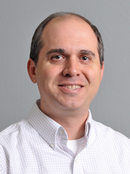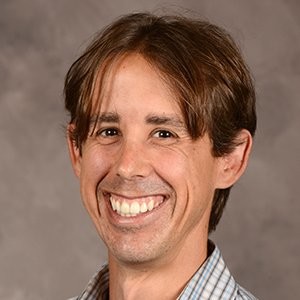Abstract
Emphasis on next-generation computing is driven at the national level because it affects scientific discovery, engineering, healthcare, security, and economic competitiveness. Moreover, high-performance computing is playing a greater role in our daily activities, requiring more performance from each system. However, pushing the performance envelope is becoming increasingly challenging – designing a machine that is 5ox faster isn’t as simple as making today’s machines sox larger. The future of high-performance computing will incorporate novel architectural concepts and heterogeneity at both the node and the system level to achieve power and performance goals. These future systems present new challenges and opportunities in how we approach computing.
This talk will cover some of the history of high-performance computing, current challenges, and possible directions to continue performance scaling.
Biography

Clay Hughes is a Principal Member of Technical Staff in the Scalable Computer Architecture group at Sandia National Laboratories. His responsibilities include support for co-design activities using the Structural Simulation Toolkit (SST) and exploring advanced architectures for use in high-performance computing via the Vanguard Program and the Heterogeneous Advanced Architecture Platforms. His current research interests are in spatial architectures and open-source hardware, but his background includes hardware transactional memory, dynamic power control, and synthetic binary synthesis. Before joining Sandia, Clay was an Associate Teaching Professor at Florida State University in the ECE Department.

Kevin Pedretti is a Principal Member of Technical Staff at Sandia National Laboratories. He has helped develop several large-scale parallel computers, including the Red Storm system that was productized as the Cray XT line of supercomputers and Astra, the first Petascale supercomputer based on Arm processors. Prior to joining Sandia in 2001, he studied engineering at the University of Iowa where he received a B.S.E. in Electrical Engineering in 1999 and an M.S. in Computer Engineering in 2001. His current research interests
include operating systems for massively parallel supercomputers, enabling full-stack hardware & software co-design using open-source hardware and tools, and exploring cloud technologies in the context of high-performance computing.

